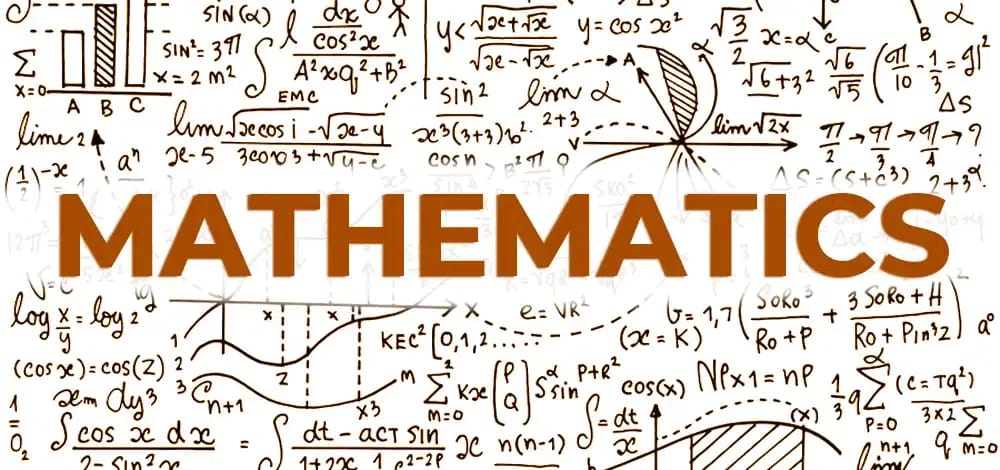Mathematics is often perceived as a rigid subject confined to classrooms and exams. Yet, beneath its equations and formulas lies a profound ability to foster peace and unity. Whether you are a math enthusiast who revels in solving complex problems or someone who shudders at the mere mention of the subject, the role of mathematics in promoting peace is both ageless and universal.
The Language of Unity
Mathematics is a universal language understood by people of all cultures and backgrounds. Mathematics transcends linguistic and cultural divides, unlike spoken languages, which can be communication barriers. A mathematical truth is the same whether you’re in Nigeria, Japan, or Brazil. This universality is a powerful tool for peace. When people from different parts of the world can solve problems using the same math language, it creates a foundation of mutual understanding and respect.
Take, for instance, the global collaboration during the COVID-19 pandemic. Scientists and researchers worldwide used mathematical models to predict the spread of the virus, assess the effectiveness of vaccines, and ultimately save millions of lives. This collective effort, driven by mathematics, exemplifies how a shared language can unite us in the face of a common threat.
Resolving Conflicts with Logic
At its core, mathematics is about problem-solving. It teaches us to approach challenges logically and methodically. These skills are invaluable in resolving conflicts, whether they are personal disagreements or international disputes. When we apply mathematical thinking to conflicts, we strip away emotions and biases, focusing instead on finding a fair and balanced solution.
Consider the ancient Greek mathematician Euclid, whose work laid the foundation for geometry. Euclid’s method of starting with axioms—self-evident truths—and building upon them to prove complex theorems can be applied to conflict resolution. By identifying common ground (axioms) and building on it with logical arguments, we can reach an acceptable resolution for all parties involved.
Promoting Equality and Fairness
Mathematics is inherently fair. The principles that govern math do not discriminate based on race, gender, or social status. Two plus two will always equal four, regardless of who is calculating. This impartiality is a model for how societies function—everyone is treated equally, and justice is administered without bias.
In economics, mathematical models are used to create equitable policies that promote social welfare. For example, progressive tax systems, which ensure that those who can afford to pay more do so, are designed using mathematical principles. Such systems help reduce economic inequality, a significant source of conflict in many societies.
Math as a Tool for Social Change
Beyond classrooms, math can be a powerful tool for social change. Activists and policymakers often use statistics to highlight injustices and rally for change. For instance, data on income inequality, unemployment rates, or access to education can be analyzed mathematically to reveal disparities that need to be addressed. By presenting these issues in numerical terms, it becomes harder to ignore them, compelling action toward a more just society.
In South Africa, during the apartheid era, mathematics played a crucial role in the struggle for equality. Black students and activists used math to challenge the biased educational policies that limited their opportunities. By mastering mathematics, they empowered themselves with the knowledge to demand equal rights and opportunities.
Embracing Math for a Peaceful Future
Whether you love math or dread it, there’s no denying its impact on our lives. Math is a tool that solves problems, builds bridges between people, promotes fairness, and drives social change. In a world that often feels divided, embracing the principles of mathematics could be the key to a more peaceful future.
So, the next time you encounter a math problem, remember that you are not just solving for ‘x.’ You are engaging with a discipline that has the power to unite, heal, and transform our world. Let us all, math lovers and haters alike, recognize the role of mathematics in creating a more peaceful and just society.
Ibeazor, a mathematics teacher from Abuja, writes.




